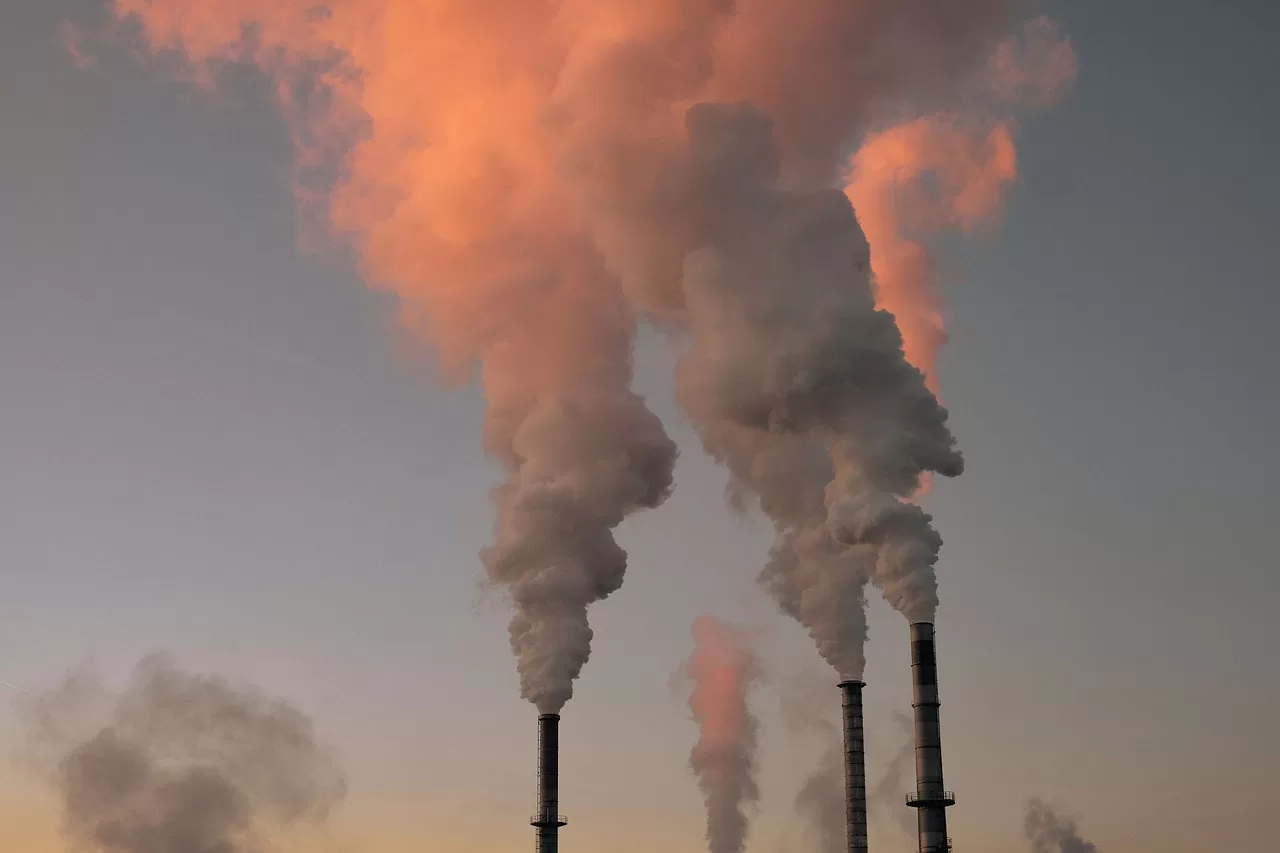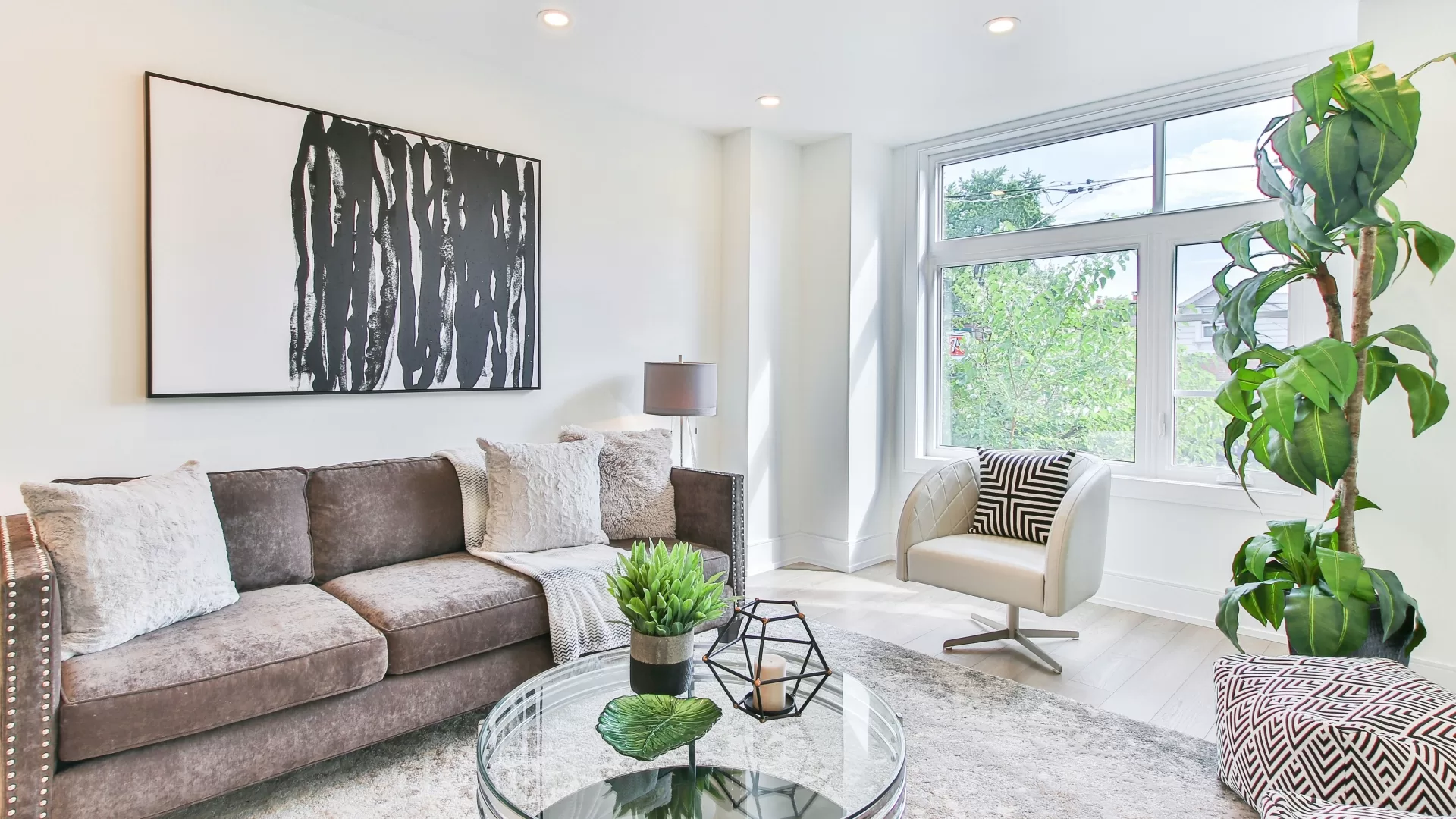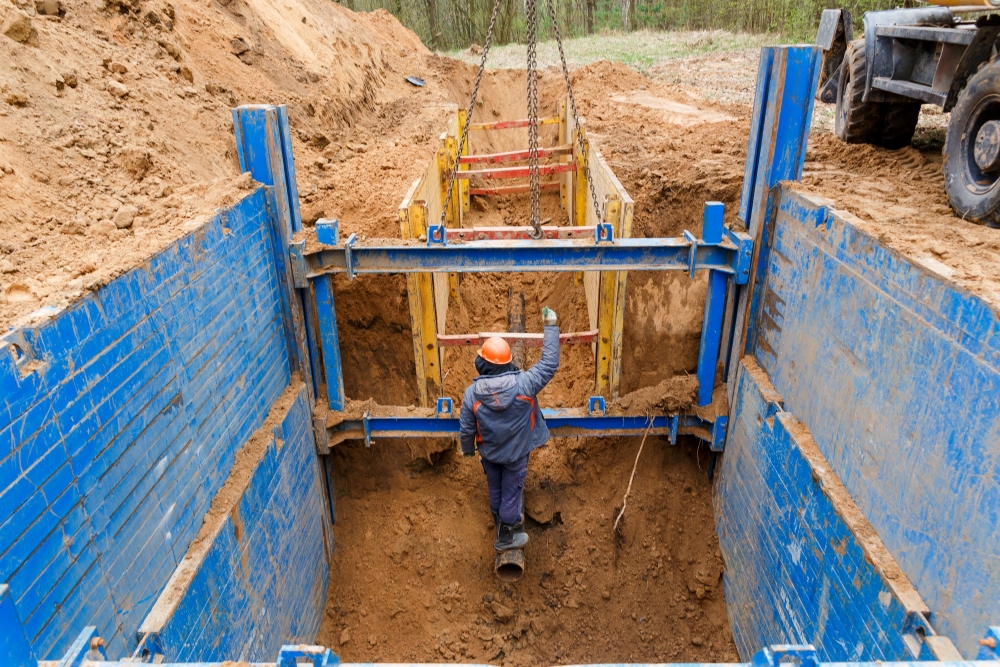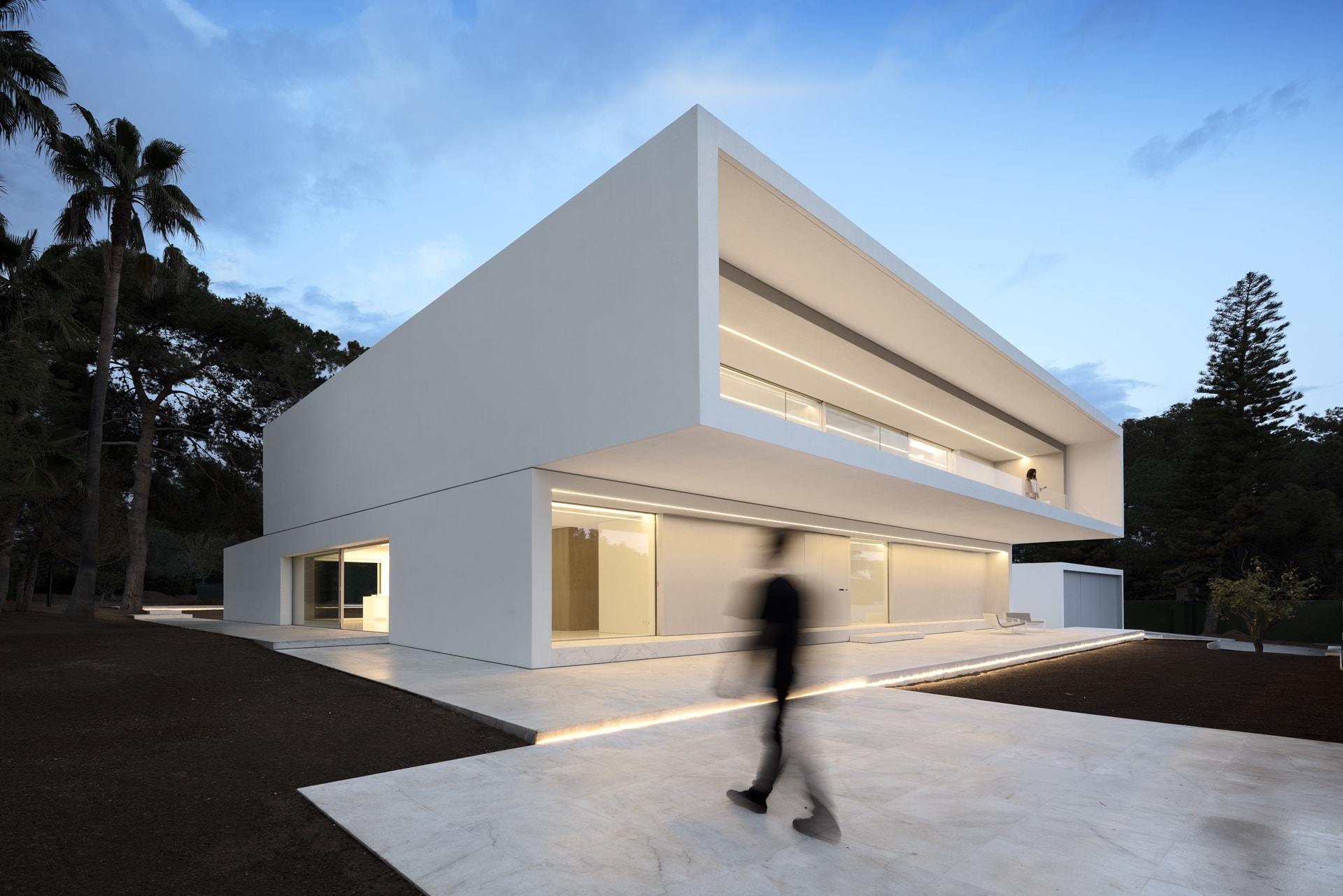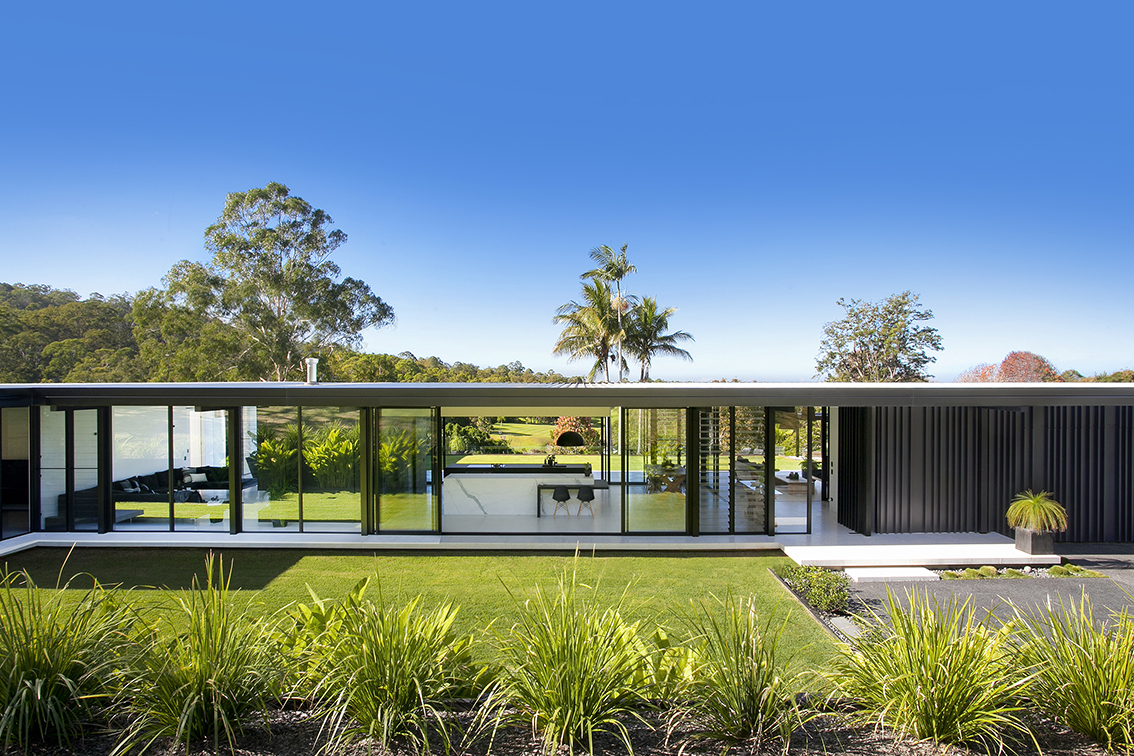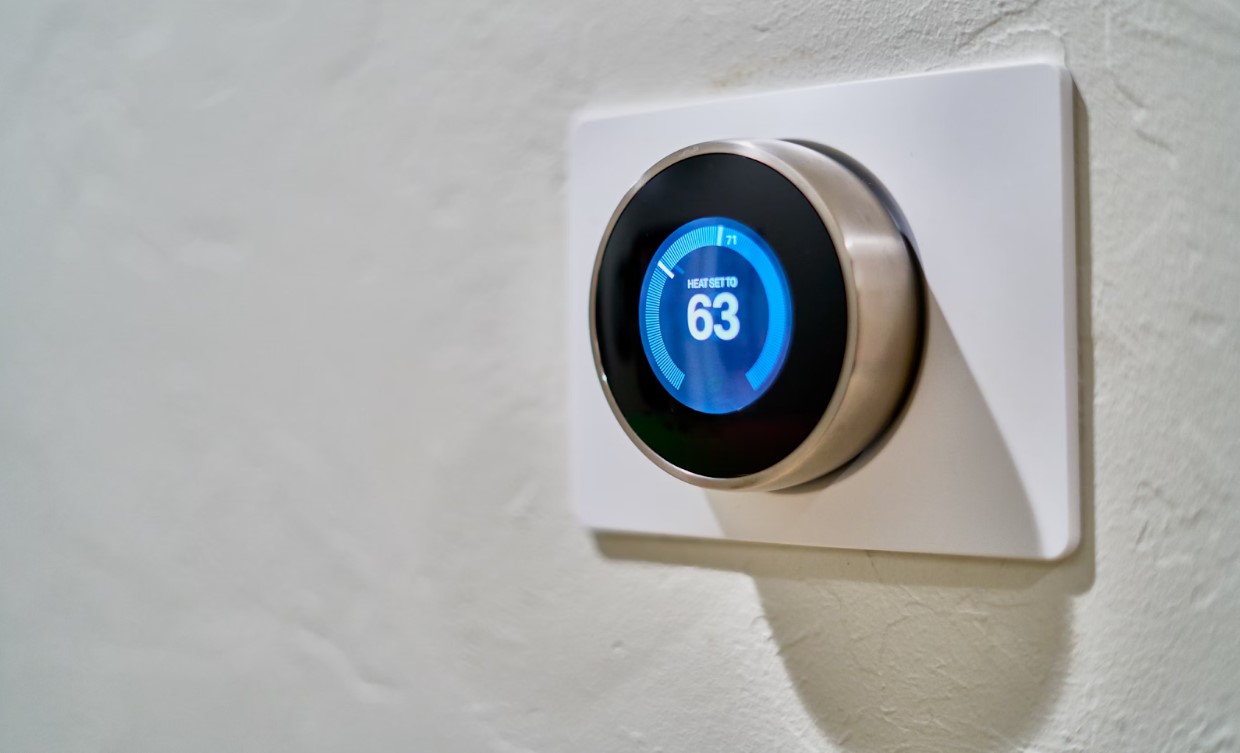Air filters are important for making living areas and surroundings healthier. Their Minimum Efficiency Reporting Value (MERV) ratings are frequently a deciding aspect when picking filters. Systems that rate air filters measure how well they can catch particles of different sizes, ranging from 1 to 20 on the scale; upgrading to filters with higher MERV ratings has many advantages for use at home or in businesses.
This article presents some of the many advantages associated with upgrading to MERV air filters in order to enhance indoor air quality and overall well-being.
Enhanced Air Quality
Filters with MERV ratings of 1 to 4 can only catch bigger particles like dust and pollen, but those rated 8-16 can trap even smaller mold spores. Additionally, they also capture pet dander, along with bacteria and viruses, which are essential for cleaning the air in places such as hospitals or schools where maintaining good indoor quality is very important.
Filters with a high MERV rating play a big role in promoting good health indoors. They successfully remove more pollutants, particularly those linked to city pollution and wildfires that harm outside air quality and can cause severe effects on the inside air quality as well. For example, switching to MERV 11 air filters ensures that the air inside remains clean and safe to breathe in every space in which they’re installed.
Elevated HVAC System Efficiency
An additional potential advantage of upgrading to higher-rated MERV air filters is their potential impact on HVAC system efficiency. Although it might seem counterintuitive, higher-rated MERV filters have actually proven beneficial in increasing HVAC system efficiency by trapping smaller particles without restricting airflow too severely; this means their increased filtering capacities don’t overburden HVAC units.
Clean and efficient filters help HVAC systems run more smoothly while using less energy to maintain desired temperatures, leading to lower energy bills and extended system lifespan. In commercial settings where HVAC costs account for significant operational expenses, such gains in savings and efficiency from using higher-rated MERV filters could prove significant over time.
Upgraded Air Filters Offer Remarkable Health Benefits
Upgrading to MERV air filters provides numerous health advantages, particularly for individuals suffering from respiratory ailments, allergies, or compromised immune systems. Better filters capture airborne allergens like pollen, mold spores, and pet dander that cause problems within indoor spaces, something that’s especially helpful during allergy season or for households with pets.
Filters with MERV ratings of 13 or higher can trap bacteria and viruses, helping protect vulnerable populations against illnesses by filtering air for pathogens as effectively as possible in indoor spaces. Moreover, this feature has become even more essential due to global health concerns surrounding airborne disease transmission. Keeping indoor air clean of pathogens as much as possible helps safeguard vulnerable groups and minimize airborne disease transmission risks.
Also, cleaner air can offer those living with asthma or chronic respiratory conditions relief and improve quality of life, thanks to reduced airborne irritants that help manage these conditions more effectively, increasing overall well-being.
Boosted Environmental Efforts
Upgrades to MERV air filters can also have a beneficial effect on the environment. By increasing HVAC system efficiency and decreasing energy use, higher-rated MERV filters contribute to reduced greenhouse gas emissions from power plants, mitigating climate change as they do so. In this context, it’s important to mention that energy accounts for more than 3/4 of total greenhouse gas (GHG) emissions worldwide.
Many higher-rated MERV filters are made to last longer and reduce waste associated with filter disposal by being more durable and long-lasting than their lower-rated counterparts. As a result, less frequent replacement needs to be carried out, further lessening wasteful disposal processes. In addition, certain manufacturers also offer eco-friendly filter options constructed of sustainable materials, further contributing to its ecological advantages of upgrading.
Economic Considerations
While higher-rated MERV filters may initially cost more, their economic advantages almost always outweigh these initial expenses. Thanks to the improved energy efficiency of HVAC systems operating with higher-rated MERV filters, energy bills decrease significantly, which results in substantial cost savings over time. This is especially impactful when applied commercially and contributes toward an enhanced bottom line.
Maintaining high-quality filters extends the HVAC system’s lifespan and reduces repair and replacement costs over time. By investing in better air filters, property owners can protect their HVAC systems against dust and debris build-up that causes premature failure, keeping operations smooth for extended periods.
Healthcare and educational institutions that prioritize air quality will find that investing in higher-rated MERV filters will not only save money but also bring better health outcomes. In a nutshell, making such a switch from lower-rated MERV filters to higher-rated ones is an intelligent decision.
The Final Say: Understanding the Massive Benefits of MERV Air Filters
Upgrading to higher-rated MERV air filters offers many benefits beyond simple air purification, including increased air quality and efficiency, health benefits and environmental considerations. Though initially more costly, investing in cleaner indoor environments often pays dividends through improved HVAC system performance and extended lifespan.
Air quality improvements can reduce health issues in settings like homes, offices, schools, and healthcare facilities. Prioritizing cleaner air creates healthier living and working environments while increasing productivity. The benefits of upgrading to higher-rated MERV air filters far outweigh their initial costs, making upgrading an impactful choice.



